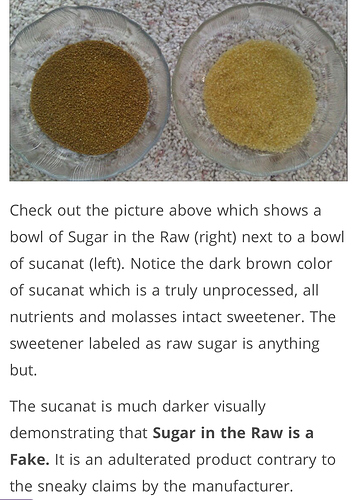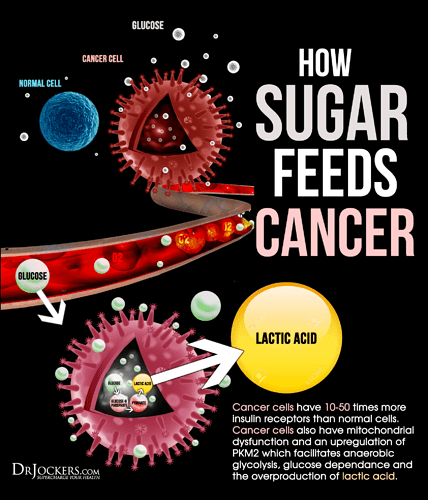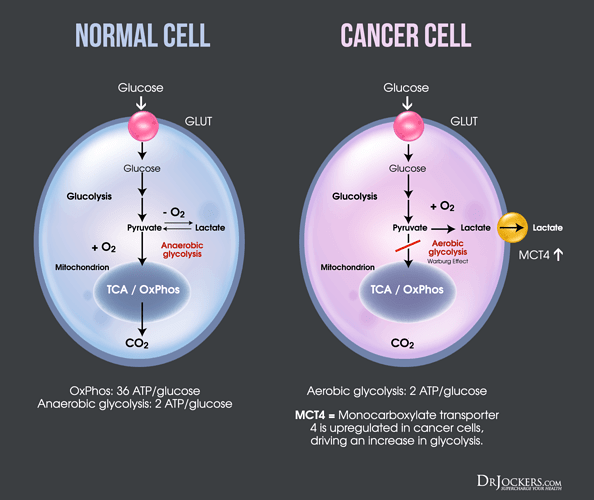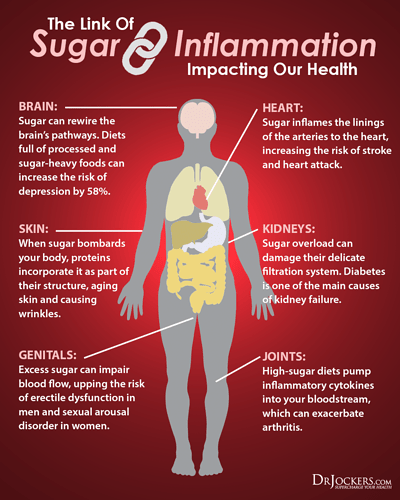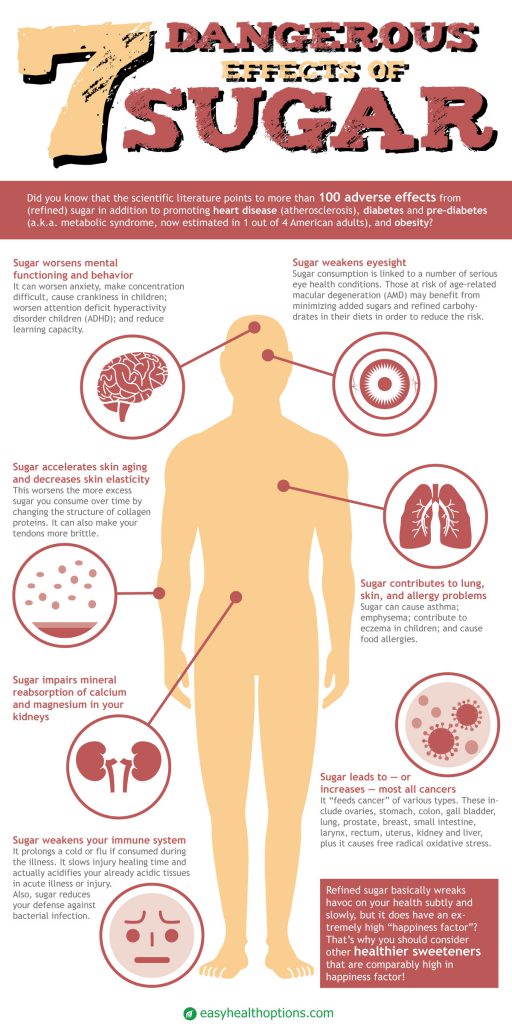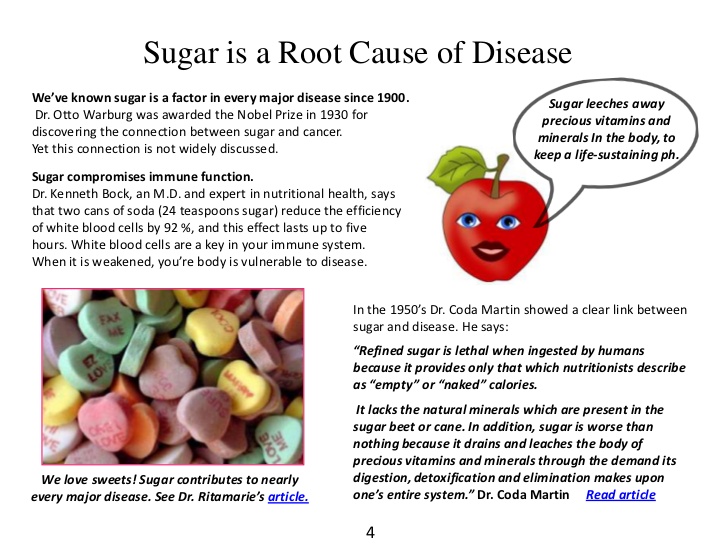It is unknowable. You can only guess.
Questions about sugar
Measure your blood sugar, eat the food, and measure your blood sugar again 30 minutes later. If it goes up much, 10% rise is probably ok, then that food is not good for you and should be avoided.
… Erm…
Then I am wondering.
I kinda lost confidence in making the food that is as good as those outside food, that is with all those sauces.
Yes, I can make food, but when I compared my food against those foods, I lost confidence and wondered why I spent time to make those. <_<
And after making those foods, I also need to clean the kitchen, which rubs the salt onto the wound more. <_<
So just let’s say the time spent is doubled.(food prep times 2, as the cleaning is a pain in the ass also)
I already held a hard belief that the food that tasted good is the unhealthy food, and the food that is healthy tasted bad/bland…
Sounds like it’s going to take some major adjustment for you.
Being healthy isn’t as easy as being unhealthy. It’s not hard, but it’s definitely harder than eating out all the time.
Healthy food does taste different, but you will adapt and it will end up tasting better than the sugar/chemical filled stuff.
The hardest part about changing your way of eating isn’t the food. It’s the mental shift. Once you’ve mentally shifted over, and are completely committed, the food bit isn’t near as hard (including the cooking, cleaning and shopping).
Try thinking about exactly why you want to do this, and really commit to doing something good for your body.
But to shift one’s mentality, the convincing is to be done, and all the troubles are not helping for the convincing part. At least it is not helping at the moment.
Why do you want this way of life? You need to have a reason to change your way of eating – if you have no reason then there is no reason to change.
I changed because I was diagnosed with Type II diabetes and was put on insulin within two years. The shots didn’t bother me but they were a nuisance. I realized by accident that I didn’t need the insulin if I ate lowcarb and that lead me to a ketogenic lifestyle. Now at 75 years old, I take no prescription meds and my A1c is 5.9 – below the diabetic range. I had a reason to change.
However, after changing I realized that there is no reason to go back to my old way of eating – the food tastes so good. The sauces and other sugary foods that tasted good before no longer have any appeal. They taste too sweet.
I can remember as a child hearing people say that a food tasted too rich and too sweet and I could not fathom what they were talking about – nothing could be TOO sweet. Now that I don’t eat sugar or any other sweeteners I finally understand what too sweet means. The added bonus is that I get to keep my eyesight and my feet because I am no longer diabetic.
you get better at cooking by doing. Maybe take a class. I did a bit of googling for you, C
If they cook with carbs, you can still learn technique. And technique underlies everything.
This. Very much this. It’s not an easy thing to change up, so you need to have a clear reason that is vitally important to you to make the change.
I’m a day late and a dollar short. @PaulL you beat me to the punch.
Eating sugar, or even upwards of say 100 grams of carbs a day (that 100 based on some of my own research in to ketogenesis. Some people are able to stay in ketosis with as much as 100 GE a day.)
When I previously tried Keto a few years ago. I simply did 50 gr or less a day. It wasn’t very difficult, and I included sugars, fruits, as long as it didn’t go over 50 for the day. It took me about three weeks to get to ketosis.
This time around it was different. I had just been dx with T2DM. My own research into diabetes led me to abandon the standard dietary care of low fat lots of fruit and veggies. To me that was guaranteed failure. Or loss of vision, kidneys, body parts. So I went zero carb, well, as close as possible. No fruits, no sugars.
I started keto to heal my T2DM. And it worked. My hba1c was 11.8%, after four months it was down to 5.8%. No exercise. High fat diet. All my blood work improved dramatically as well. Cholesterol was high preciously. After four months of keto it was just down to the inside of normal range (high end of normal, sure, but NORMAL). That ticked off the Endo, who wants me to take statins anyway, “just in case”  . I put those bottles of pills in my closet. They won’t get used. I plan on taking them with me at my next visit when they tell me how good my blood work is, and tell me that those meds worked great. I’ll say what? These things? Sorry, I don’t do statins.
. I put those bottles of pills in my closet. They won’t get used. I plan on taking them with me at my next visit when they tell me how good my blood work is, and tell me that those meds worked great. I’ll say what? These things? Sorry, I don’t do statins.
Now, if you are doing keto to lose weight, there is something else that is extremely important, and must not be ignored. It’s not about exercise, it’s not about eating too many calories. It’s all about keeping your insulin low. To do that you need to shorten your eating time window. I had mine down to six hours. 9 am to 3 pm. No food, drinks, snacks, NOTHING but water from 3 pm until 9am. That gives a long solid down time for insulin. YOU CANT BURN FAT IN THE PRESENCE OF INSULIN. Even if you are exercising your butt off. It’s a hormonal thing. It’s the way it works.
I hit a weight loss stall. So I changed things up a bit. I shortened that window to 4 hours (noon to 4 pm) and I’ve increased my intake. I’m eating around 2,000 calories a day. Sometimes a little less, maybe 1500. Since then the weight has been dropping about 1/2 a pound a day on average. Once in a while I forget to keep my intake up. Go figure, eating less you can gain weight. Mind blowing I know. If I hadn’t lived it  .
.
I highly suggest reading “The Obesity Code” by Jason Fung, MD. It should be required reading in High School. It’s got lots of science, but he makes it all easy to understand. I wish he were my doctor.
/Mr Verbose -off
Keto Vitae!
^^^this^^^
I know how you feel. So when I do cook, I try to cook as much as I can at one time, to last me at least three or four days. Oven fried chicken thighs, jalapeño poppers, bacon wrapped philly meatloaf, the list goes on. Don’t be afraid to google some recipes. Just remember to check the ingredients closely. I’ve seen lots of recipes touting to be keto, that are anything but. Just click bait mostly so be on guard.
Thank you for the reminder about the eating window. I’ve only been doing this for a month and tend to “forget” about the window.
It’s only been a month but I am getting my appetite under control. The one meal I have always been able to skip is dinner. I eat a huge breakfast. For instance this morning I had six strips of bacon with two cheddar slices. Realized that would not cut it and had four more strips and two more cheese slices. That will definitely tide me over until around two, when I will have my second meal. No doubt will have a snack. So I should be able to go from three to three and then not have breakfast until nine? 18 hours. The more I get into this the easier it is. Initially I was not eating enough per meal. Because historically I have been a “grazer” and ate mindlessly all day long. And I have heard that even 12 hours can be of benefit. That’s easy to do. How long can you comfortably go without food? Are you really eating until you are satisfied?
It gets much easier as time goes by. If you can’t make it through a six hour window, and end up eating later in the day, way after your planned window, then try starting that eating window a lot later to make up for it.
I anticipate the first thing that comes to mind is “then what about breakfast?” Then just skip breakfast. It won’t hurt you to miss it. It’s a myth about it being the “most important meal of the day”. That’s more marketing slogan for cereal companies than science. Personally I don’t even eat breakfast anymore. My first meal is typically between 1100 am and 3 or 4 pm. And then that’s it. One meal. I eat about 75% of my calories at that time. The other 25% is coming in the morning with my BPC (bullet proof coffee ®️). I don’t know what else to call it, seems like the name stuck. Anyway, my coffee is about 500 calories. All fat. And I’m slowly working that daily coffee close and closer to my eating window. It’s helped too. I recently broke my plateau, and finally got under 190 lbs. As of this morning I am officially 189 pounds.
Also know, that once you are in ketosis, that is no longer burning sugar for fuel, you will almost never feel that same hunger again. I was eating only when I felt hunger. Next thing I knew, I had gone for three days with no food, and no hunger. I freaked, and ate right away. It wasn’t as if I had no appetite, I just wasn’t hungry. When I decided to eat I was able to eat just fine, and once I became satiated, I just didn’t feel like eating more. I just put the rest of my meal in the fridge for the next day.
TIP: if you feel hungry, and have been avoiding carbs, try a pinch of salt on your tongue. Make it a big pinch. Let it dissolve onto and under your tongue. It will be absorbed nearly instantly into your blood stream. Wait a few minutes. And try once or twice more if it doesn’t work. It works for me every time. I used to get a power urge to snack, something I’m used to doing all the time, which I no longer do. The salt trick works. The feeling goes away within minutes.
Eating until you are satiated is important. It’s much healthier to eat one large meal, if you can manage without feeling stuffed, than to eat and snack all day. Remember, it’s all about keeping insulin levels as low as possible for as long as possible. Once I understood this it became so much easier to do.
Speaking of sugar thought this recent (April 28, 2018) article from this website was interesting?
”…Most White or Brown Sugar is GMO Beet Sugar: “…Another HUGE problem to watch out for is that most white or brown sugar in North America is partially or totally beet sugar. This sweetener is nearly always genetically modified. GMO beet sugar is visually and taste-wise completely indistinguishable from white cane sugar. Is beet sugar healthy? It comes from a vegetable after all. No, it is not!
Sugar from sugar beets is nutritionless and contaminated with GUT DESTROYING GLYPHOSATE[2] residue. Nearly 100% of farmers growing it use Monsanto’s[1][3] Roundup Ready sugar beets. The package must specifically state that the sweetener is cane sugar. Else it is almost certainly a mixture that is wholly or partially GMO[1][3] beet sugar. Even brown sugar commonly contains at least some white beet sugar mixed with cane sugar molasses. The molasses from sugar beets is not fit for consumption. …” …More
[2] Unreleased FDA Testing Reveals Glyphosate in Common Household Foods May 1st, 2018
[3] GMO or OMG? Bullet-proof yourself against Genetically Modified Organisms now!
Related References:
- MINERALS FOR LIFE, A BASIC INTRODUCTION - Dr. Lawrence Wilson “…Phosphorus, the most fiery energy mineral. It is required for energy production, DNA synthesis and protein synthesis. It is also needed for calcium metabolism, muscle contraction and cell membrane structure. …”
- THE AMERICAN DIABETIC ASSOCIATION DIET - Dr. Lawrence Wilson “…There is no discussion of the horror of refined sugar. Refined sugar has had many of its vitamins and minerals stripped away. The more one eats of it, the more nutritionally deficient one becomes. Eating sugar destabilizes the blood sugar more than most any other food item. …”
- HFCS Dangers (relabeling name change?) Note: HFCS-42 or HFCS-55 (regular HFCS)==to==>HFCS-90 (highly concentrated) ==>Fructose\Syrup (under certain % scheme)
Thanks @atomicspacebunny for posting this and especially the reference material “Minerals for Life.” Printed that one out and saved it–such great info!
“You Bunny, always bring me the very best science”
(Very loosely modified movie quote, extra Geek points if you know the original quote  )
)
Thanks @atomicspacebunny …once again, huge fan of Dr. Jockers!
Just Quick shout out…the visuals, slides, charts, and presentations are so appealing to the eye in detail…His research and work.
Thanks for posting the “ science eye candy “ dare I say😂
Imagine an automated interactive GUI with animation like the infographics made by Dr. Jockers in a TensorFlow like programming language with an artificial intelligence engine, it would be like a college education in a nutshell and the knowledge of the average doctor would be common knowledge because the visual GUI is much better for the brain to process than physiology books if it is in a interrelation database that could correlate specific cross connections to one specific subject and display the complexities in a visual format! It would work more like the associations in the neural network of the human brain. Would make Google look like childs play!

